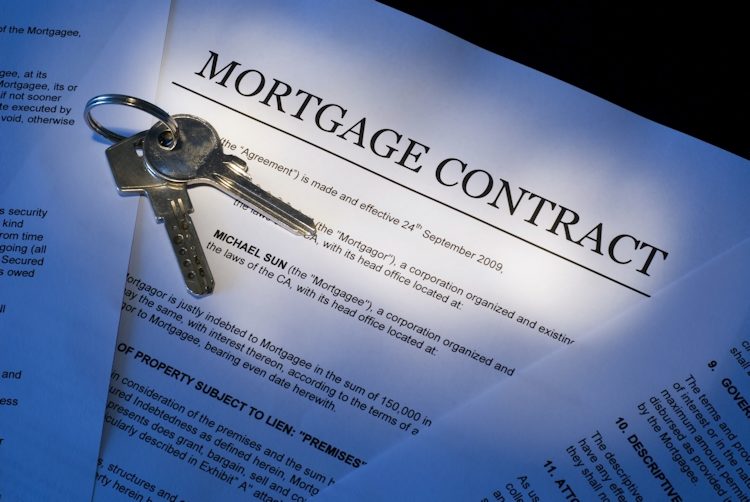Buying a home will probably be the largest and most significant purchase you will make in your life. It also involves the law of real property, which is unique and raises special issues of practice, and problems not present in other transactions. A real estate lawyer is trained to deal with these problems and has the most experience to deal with them.
Buying a Home
In the typical home purchase, the seller enters into a brokerage contract with a real estate agent, usually in writing. When the broker finds a potential buyer, negotiations are conducted through the broker, who most often acts as an intermediary. Once an informal agreement is reached, buyer and seller enter into a formal written contract for the sale, the purchase agreement. The buyer then obtains a commitment for financing. Title is searched to satisfy the lender and the buyer. Finally, the property is transferred from the seller to the buyer, and the seller receives the purchase price bargained for in the contract. This seems simple, but without a lawyer, the consequences may be more disastrous than purchasing a car that turns out to be a lemon, or a stock investment that was unwise.
Purchase Agreements
The purchase agreement is the single most important document in the transaction. Although standard printed forms are useful, a lawyer is helpful in explaining the form and making changes and additions to reflect the buyer’s and the seller’s desires. There are many issues that may need to be addressed in the purchase agreement; below are some common examples:
- If the property has been altered or there has been an addition to the property, was it done lawfully?
- If the buyer has plans to change the property, may what is planned for the property be done lawfully?
- What happens if a buyer has an engineer or architect inspect the property and termites, asbestos, radon, or lead-based paint is found?
- What if the property is found to contain hazardous waste?
- What are the legal consequences if the closing does not take place, and what happens to the down payment? This question raises related questions: Will the down payment be held in escrow by a lawyer in accordance with appropriately worded escrow instructions? How is payment to be made? Is the closing appropriately conditioned upon the buyer obtaining financing?
Most buyers finance a substantial portion of the purchase price for a home with a mortgage loan from a lending institution. The purchase agreement should contain a carefully worded provision that it is subject to the buyer’s obtaining a commitment for financing.


